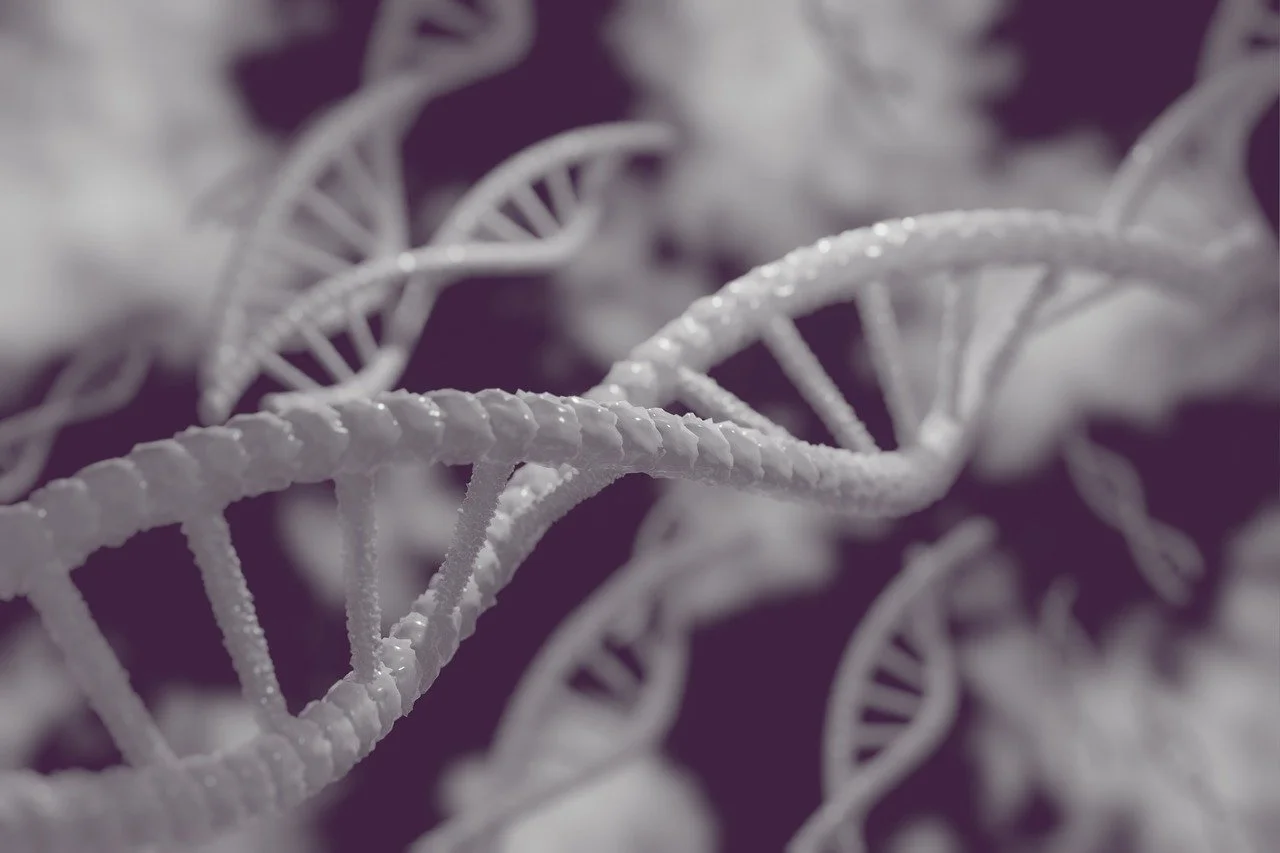You’re adopted and you want to learn the identities of your birth parents. You were born in a state that, unfortunately, won’t release any original birth records to you without a long, drawn-out, expensive process of petitioning the court for your records. What now?
When a potential client approaches me and there are no other viable avenues to pursue for the information they are seeking, there is still one avenue to explore that just might give them the answers they are looking for. That avenue involves registering their DNA.
Before Ancestry, 23andMe, MyHeritage, FamilyTreeDNA, and others, many adopted persons found themselves hitting a brick wall. But that wall has slowly started coming down for loads of adoptees, all thanks to three magical letters - DNA.
So where do you start?
I recommend starting with Ancestry, simply for the fact that more people have registered their DNA with Ancestry than with any other company. This means you will more likely be paired with more DNA matches in Ancestry than any other company.
However, this isn’t true for all ethnicities. But it’s certainly true for the typical white American whose ancestors hail primarily from Europe. So if you know or suspect your heritage doesn’t fit into this box, another company might be better suited for you.
I don’t work for Ancestry or get any kind of kick-back from them. I just work these cases on the daily and am speaking from experience. Ancestry has a robust, easy-to-navigate platform that is perfect for an adoptee looking for answers.
Most of these DNA tests run around $100. Ancestry is always running sales. In fact, their holiday sale right now is running only $59 through December 31, 2023.
Registering your DNA is easy. You can buy the test online and they will ship a small package to you that contains a vial or two with simple instructions on how to collect your saliva for testing. You seal up your sample and mail it back to the company in their prepaid packaging. Then you wait.
You might wait a few weeks up to a couple of months to receive your results, depending on their volume. Understandably, a lot of people are sending their samples in right after Christmas, so that’s a busier time. Once your results are ready, you can access them at their online platform with your unique username and password.
As an adoptee, you might be interested to view your ethnicity results to see where your ancestors have come from. But the real meat of the results is with your DNA matches.
When I am helping a client navigate their DNA results, I’m most interested in viewing their closest DNA matches. Some get lucky and have a parent, sibling, half-sibling, aunt, uncle, grandparent, or 1st cousin match. Others’ closest matches might be 2nd or 3rd cousins and beyond. Regardless of your DNA matching results, you now have a clear link to your biological family.
It might take a bit of work, but genealogy can be used to make connections and draw conclusions. It’s just a matter of using historical records and family trees to narrow your results to one or both birth parents.
And the really great thing about DNA? It doesn’t lie. People can (and sometimes do) tell whatever narrative fits their motivations. Before DNA, it was difficult or even impossible to fact check those stories. DNA has opened the indisputable truth to so many people, especially to adoptees.
So if you’re adopted and wanting answers… consider registering your DNA. The answers are there.

